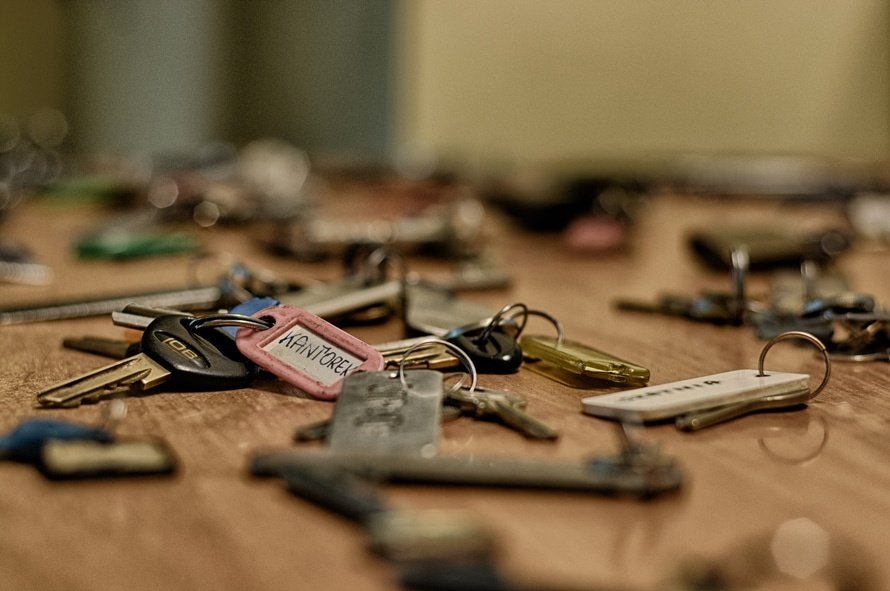A few people you know are making a killing on Airbnb, and you are seriously considering purchasing a holiday rental property to kick-off your investment dreams. Before you get too carried away, you first need to know how to get started as a budding property developer.
The good news is that you do not need to own a large portfolio of properties to enter the short term rentals market. You do however need a property that is well-located, fully prepared, and ideally, expertly managed.
Investing in Holiday Rental Property
The following steps are all vital in your journey to becoming a short term rental property owner:
-
Step 1: Choosing location and property
There is a massive leap between areas that are established, popular and always in demand and areas that are up and coming or developing. Your biggest concern as a property owner should always therefore be location. Things to consider when choosing an area include safety, accessibility, nearby restaurants and attractions, types of properties and market value for properties within the area. Finding a smaller property in a prime area can yield a far better return than a larger property in a less desirable area. It is also worth noting that while properties in sought-after areas may have a higher purchase price, they also have a higher earning potential.
When choosing your property, consider whether you want an apartment (affordable purchase range, convenient, lock-up-and-go, secure, easy to furnish, reduced need for garden services) or a villa (high income yield, caters to larger groups, free standing building). Both have advantages that should be explored. Remember to factor in any renovations that may be required, such as connecting bathrooms to bedrooms, adding swimming pools or making any other changes that will add value to guests.
-
Step 2: Defining your strategies
How will you go about managing your property? Will you handle bookings yourself and focus on renting out on a part-time basis, using the property when it is not booked? Or will you seek help from an experienced holiday rental management company to assist you in getting bookings on a regular basis? You will also need to work out a realistic rates structure (for peak season as well as off-peak seasons) and consider any other guest services that may be required.
It can be extremely valuable to scout for short term property rental specialists early on, as this will give you the benefit of expert advice on how to prepare your property, how to market it correctly from the very start, how to maximise occupancy and how to set rates. Once you begin to define your strategies, you will have a clear path to follow. Your investment will therefore be a lot easier to track, in the short term and in the long term.
-
Step 3: Financing your investment
Like any investment, what you put in is often what you get out. You may choose to use equity from your currently owned home to secure a home loan for your new investment property. If you have sufficient capital, that will make things easier, but you could also consider a mortgage to help you get started. It is a very good idea to ensure that you have a realistic financial plan set in place before you begin to rent your property out.
You will also need to consider additional costs that may incur – renovations that might be required, commission costs for property managers, furnishings and whatever else you may need to transform your new property into a guest-worthy accommodation venue.
__________________________________________
While it may seem daunting at first, there is no doubt that entering the world of property development is extremely exciting and rewarding. Here at Totalstay, we aim to help property owners get the best returns on their investments, with a range of tailored holiday rental property packages that are designed to get results. Contact us to learn more about what we offer.


